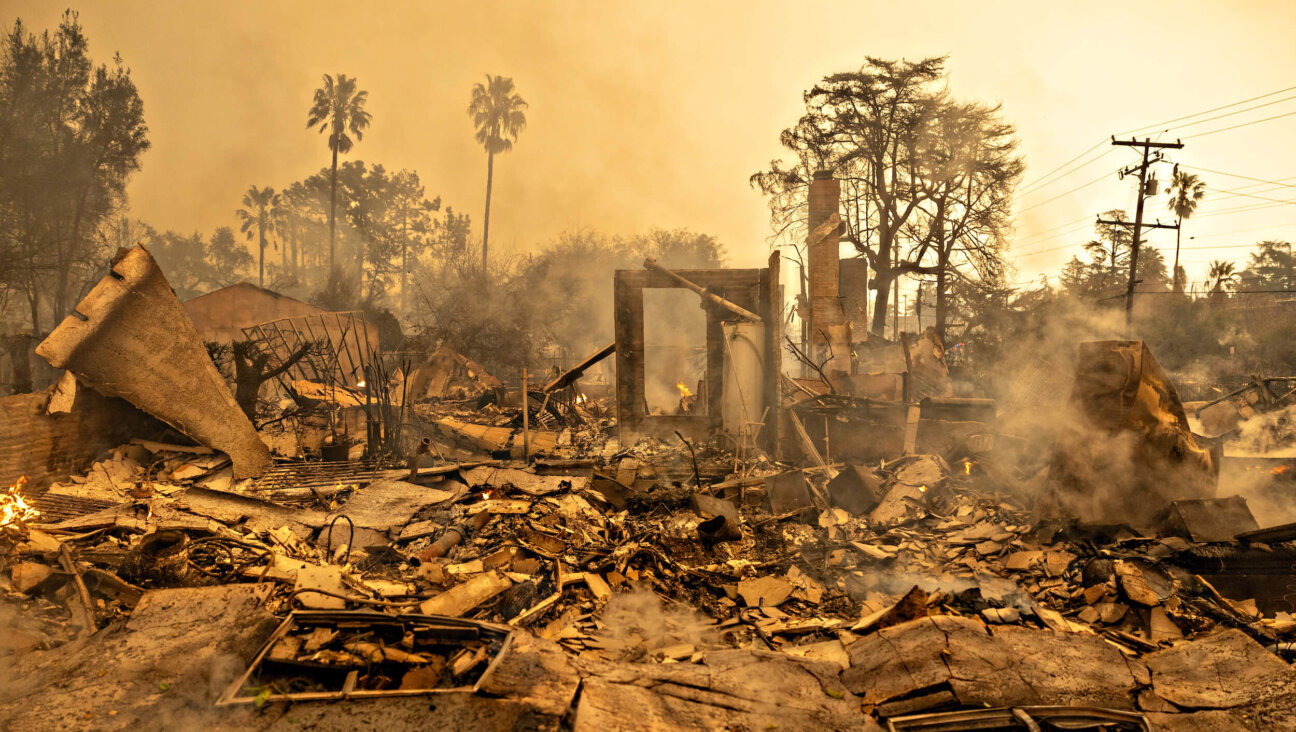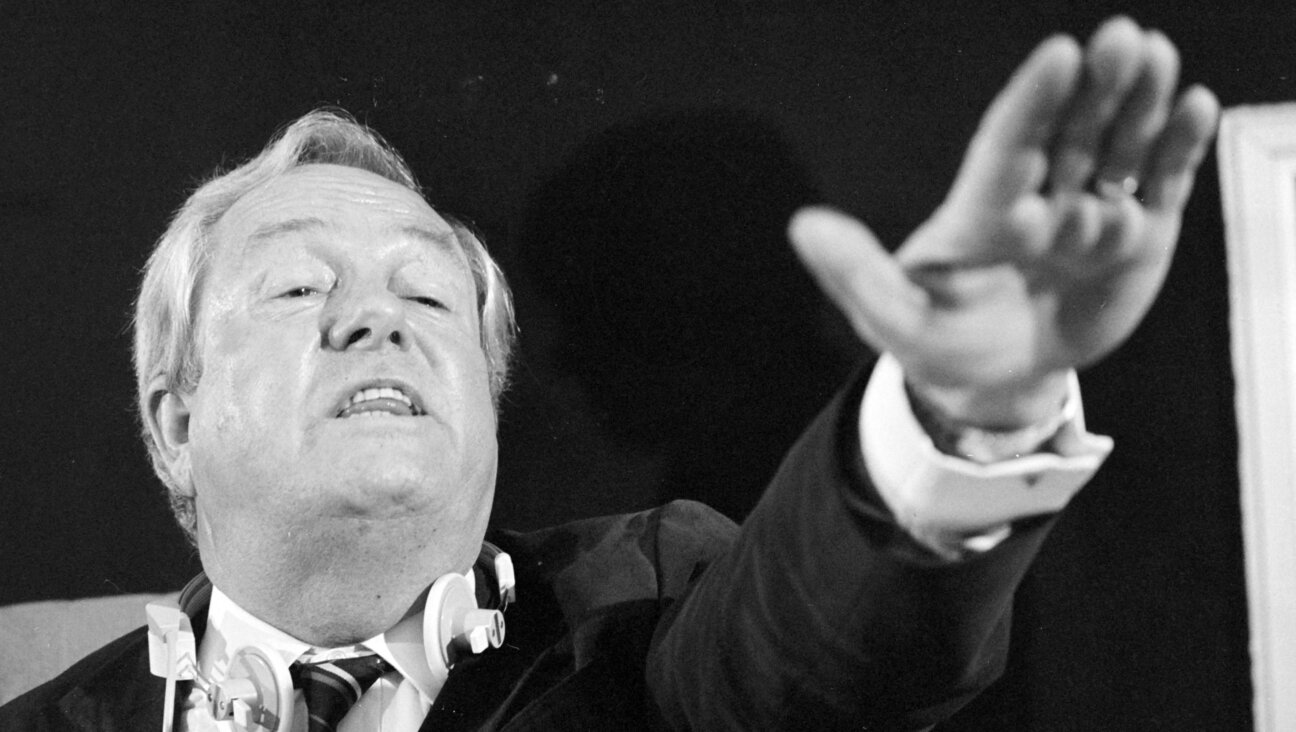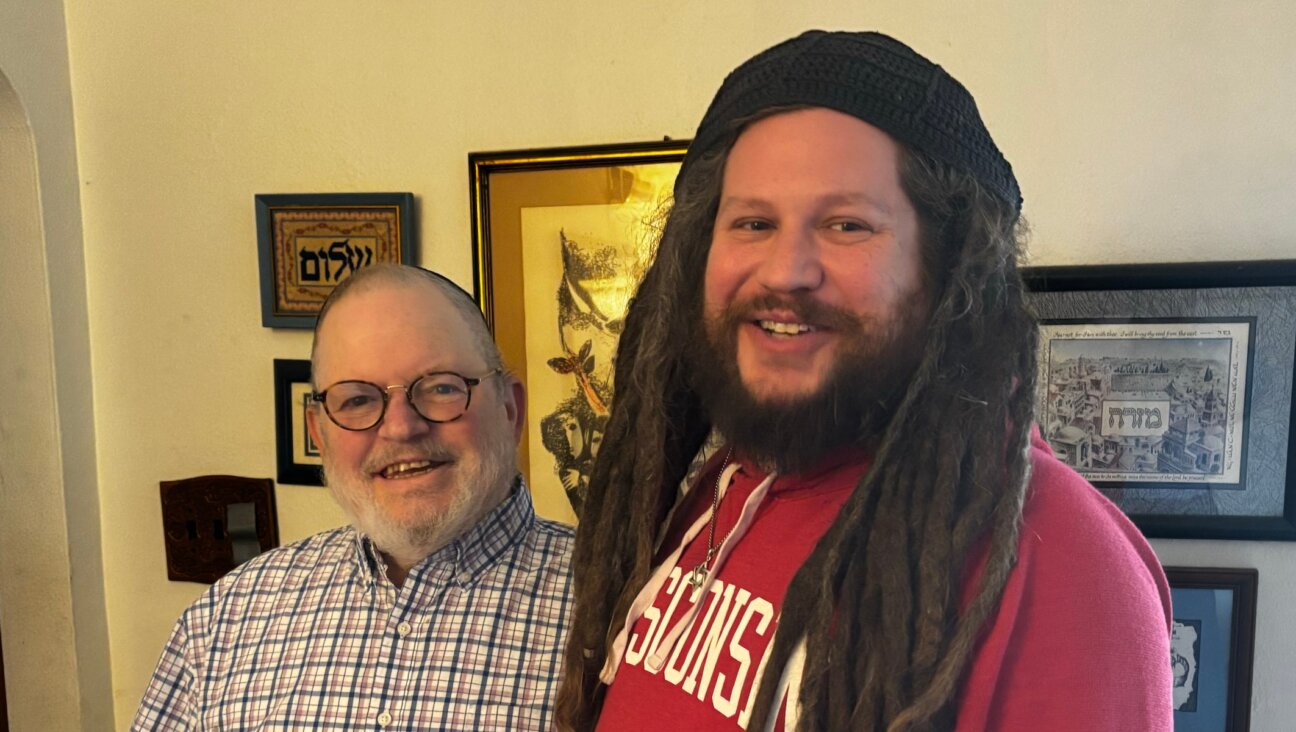What David Brooks Didn’t Say About the Orthodox

Image by Getty Images

Image by Getty Images
There’s a telling moment in David Brooks’ New York Times column today about the growth, and attraction, of Orthodox Jewry. He describes the educational background of Layaliza Soloveichik, the wife of Meir Soloveichik (Brooks’ “tour guide” around Haredi Brooklyn) in this way: Layaliza was admitted to Harvard but went to what Brooks describes as a “religious college, Yeshiva, instead.”
I don’t know the Soloveichiks, but I’m guessing that Layaliza didn’t exactly go to Yeshiva as an undergraduate because, as a woman, she couldn’t go to Yeshiva. She went instead to Stern College for Women. It’s a subtle distinction, I know, but an important one, signaling that the education of girls and boys, women and men, is treated differently in this community and meant for different outcomes. Nowhere in Brooks’ column does he acknowledge the gender disparities in Orthodox Jewish life, which have grown ever more distinct in the last few decades.
There’s more that he doesn’t say.
Brooks also doesn’t acknowledge that ultra-Orthodox Brooklyn, while experiencing an enviable surge in population, is also weighted down by increasing poverty, enhanced by the large families and devotion to pure Torah study that Brooks extols. And he says nothing about the fact that some of its leaders and institutions — Yeshiva University, for one — are being accused of covering up past sins of sexual abuse in part because allegiance to the community trumps individual needs and concerns.
The broader Jewish community has so much to learn from what Brooks calls the “Orthodox surge.” As someone who has spoken out about the crisis in marriage among the non-Orthodox, I appreciate and indeed envy the devotion to marriage and children exemplified by the large families and countercultural values that Brooks so lovingly describes.
But I’ve also spent the last few years editing stories about sexual abuse at Yeshiva University High School for Boys, and publishing the columns of Judy Brown, who left the Haredi world and is now painfully detailing her experiences. And I know that there are magnificent aspects to the devout practice of religion, and troubling ones as well. I do wonder if David Brooks was a woman whether he would write the way he did. I only wish he would consider the whole, complicated picture, and not simply one gauzy moment.
A message from our Publisher & CEO Rachel Fishman Feddersen

I hope you appreciated this article. Before you go, I’d like to ask you to please support the Forward’s award-winning, nonprofit journalism so that we can be prepared for whatever news 2025 brings.
At a time when other newsrooms are closing or cutting back, the Forward has removed its paywall and invested additional resources to report on the ground from Israel and around the U.S. on the impact of the war, rising antisemitism and polarized discourse.
Readers like you make it all possible. Support our work by becoming a Forward Member and connect with our journalism and your community.
— Rachel Fishman Feddersen, Publisher and CEO






















